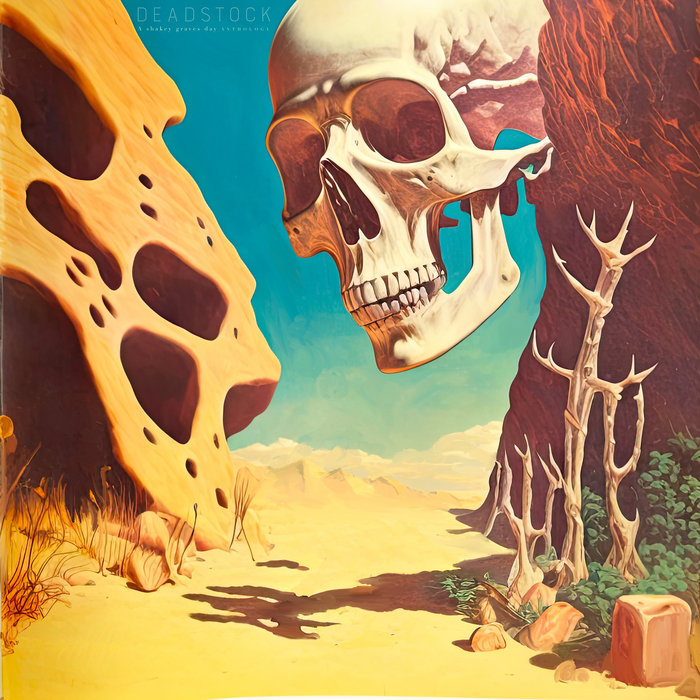
Rotten Ol’ Me – Shakey Graves
this blog is GROOVY – check out great Soul, Funk, Jazz, Hip Hop, Bass, Breaks , Reggae, House n many more TUNES
Hey there, music lovers! Welcome to the laid-back world of Lo-Fi, where imperfections are celebrated and every crackle tells a story. So, grab your headphones, kick back on your favorite bean bag chair, and let’s groove through the history of this rad genre.
First things first—what is Lo-Fi? Well, it stands for “low fidelity.” It refers to recordings that embrace a raw sound with all its quirks—from tape hiss to vinyl pops. Unlike polished studio productions that make everything sound shiny and perfect, Lo-Fi finds beauty in the imperfect. Think cozy coffee shops with jazz playing softly in the background or those late-night study sessions infused with chill beats.
While it feels like a modern phenomenon thanks to platforms like YouTube and Spotify playlists labeled “Chill Study Beats,” Lo-Fi actually has deep roots stretching back decades. In the 1950s and 60s, artists like The Beach Boys experimented with layering sounds that would later evolve into what we know as low-fi today. But it wasn’t until the DIY punk movement of the 1970s that home recording took off.
Enter: Cassette Culture! With affordable cassette players sprouting everywhere, musicians began recording their music at home—often without fancy studios or producers guiding them. They captured ambient noise from their environments—the clinking of glasses at parties or even cats meowing—and incorporated these sounds into their tracks!
This wave of creativity gave rise to a variety of lo-fi subgenres including Indie Rock and Bedroom Pop. Artists recorded in basements or bedrooms (hence “bedroom pop”) using whatever gear they had lying around.
Fast forward to the late 1990s—you start seeing more production companies leaning towards softer beats influenced by hip-hop culture. Enter some legendary names like J Dilla and Nujabes, who mastered blending jazzy samples with smooth rhythms while allowing those glorious imperfections shine through—a hallmark of lo-fi vibes!
Did you know J Dilla once used an Akai MPC so much that he broke it? He was known for his intense work ethic which led him to push gear beyond its limits! Who knew making sweet tunes could be such hard work?
These pioneers showed how sampling records could elevate mundane noises into ethereal soundscapes weaving stories out of crushed vinyl grooves—a true love letter to past musical styles mixed with new-age whiskiness!
As technology advanced in early 2000s came another twist—the internet revolution made sharing music easier than ever before! Enter web-based platforms (shoutout MySpace!) where thousands jumped on board showcasing their funky bedroom creations within seconds globally recognized niche cultures.
Around this time emerges something called Vaporwave, playing off similar aesthetics but focusing heavily on nostalgia toward consumerism from ‘80s-’90s culture mashed up fantastically alongside dreamy synth loops—a pink sunset palette waving goodbye as we drift further away from mainstream media.
There’s an amusing legend about vaporwave artist Rinse Dream who allegedly turned his entire apartment into a synth-laden paradise filled entirely within cardboard cutouts replicating iconic retro visuals… talk about commitment!
In recent years? Oh boy—it seems everyone wants a piece! With labels popping up left right center—the likes Of Lofi Girl bring relentless streams flowing out non-stop curated ambiance straight keeping students sane during finals week!
Streaming services have played huge roles too; playlists named “Chill Beats To Relax/Study To” have become staples for people looking for calming instrumental backgrounds whether working at home or studying daily grind life happening outside our doors.
And yes—it can get quirky here too; one infamous streamer had an ongoing disaster involving their beloved cat disrupting video feeds leading fans suggesting they name her “Lofi Kitty” due all her adorably chaotic behavior accompanying laid-back jams throughout streams constantly uplifting spirits worldwide together despite chaos around us all…it seriously doesn’t take much sometimes does it!?
So what we’ve learned today is pretty simple—Lo-Fi isn’t just about poor sound quality; instead encapsulates warmth authenticity timelessness shared moments feel-good vibes persistence amidst noise grit surrounding everyday lives—it truly connects communities across differing cultural backgrounds effortlessly merging generations while keeping things oh-so-cool along way.
Next time you hit play on some lo-fi tunes remember—you’re grooving alongside musicians who’ve embraced distortion crinkles turning life’s beautiful messiness directly translated heaven inwardly wafting mellow euphoria paving pathways linking souls harmoniously resonating beneath stars twinkling bright overhead reminding us—we’re not alone after all…
Now turn up those mellow beams friends!! ✌️

Rotten Ol’ Me – Shakey Graves

Return of the Fox – Joshua Woolf
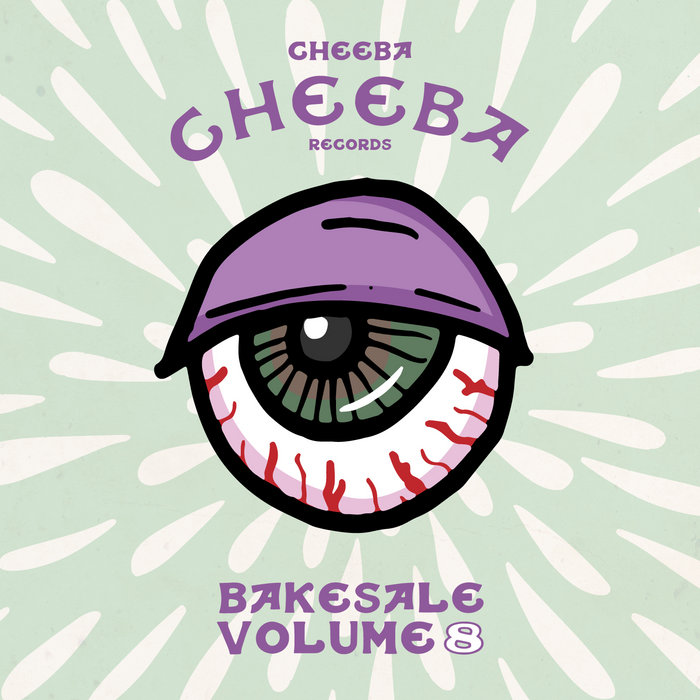
Coalescence – Ynski
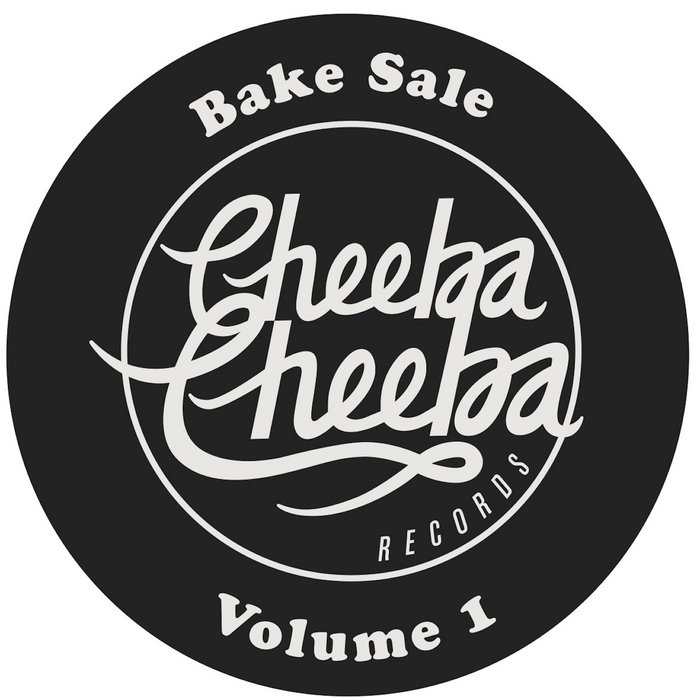
Open your mind – OT4KU
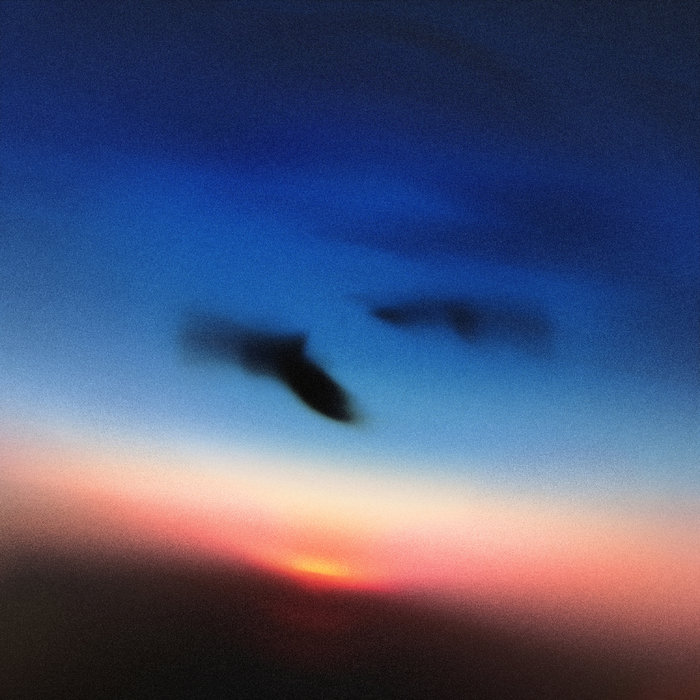
Sunday Morning (featuring Elton Aura & Whitney) – Resavoir
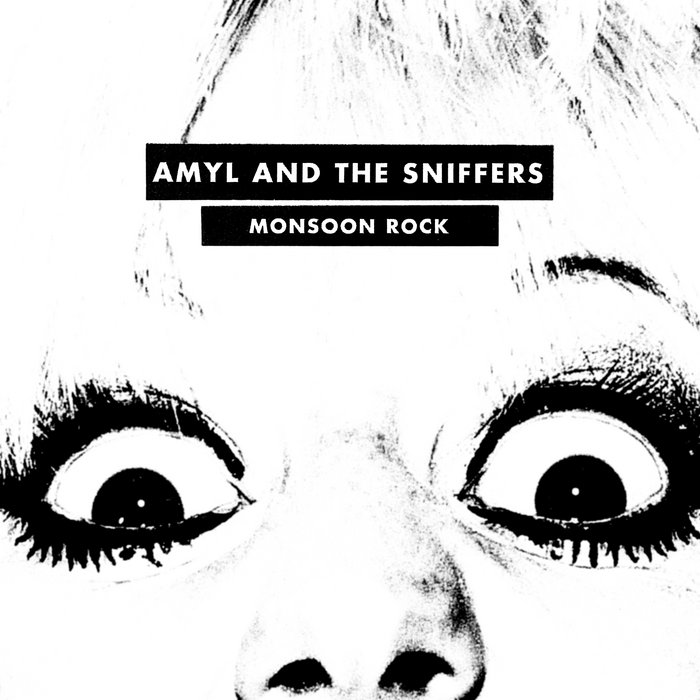
Monsoon Rock – Amyl and the Sniffers
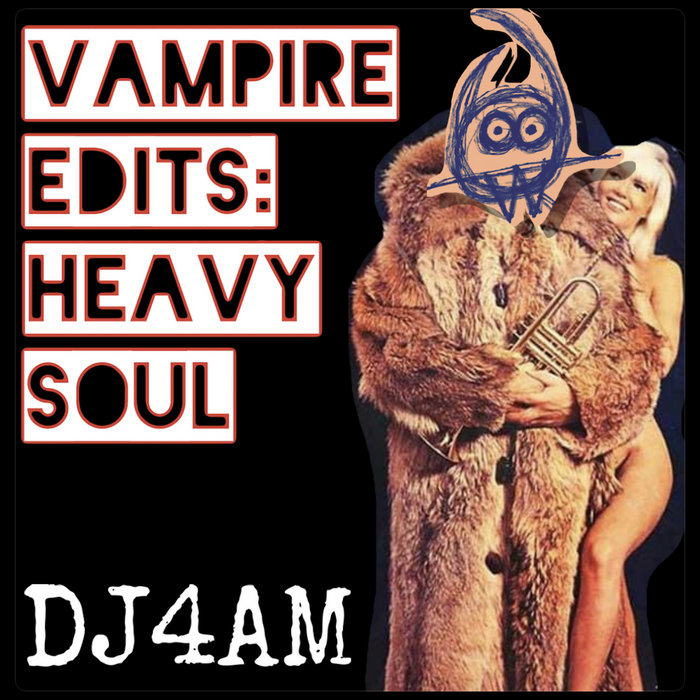
Vampire Edits: Heavy Soul – The Vampire On A Pony Network
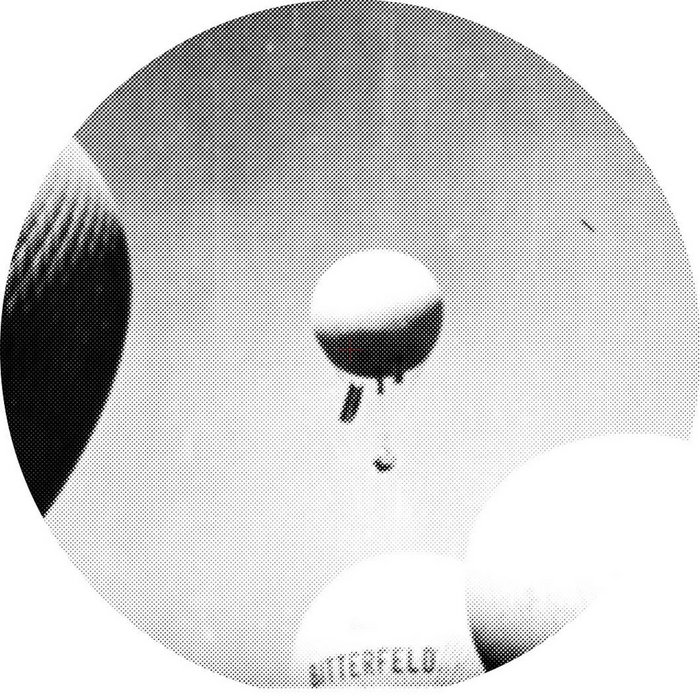
A1 – Guy Contact – Sabu – Bitterfeld
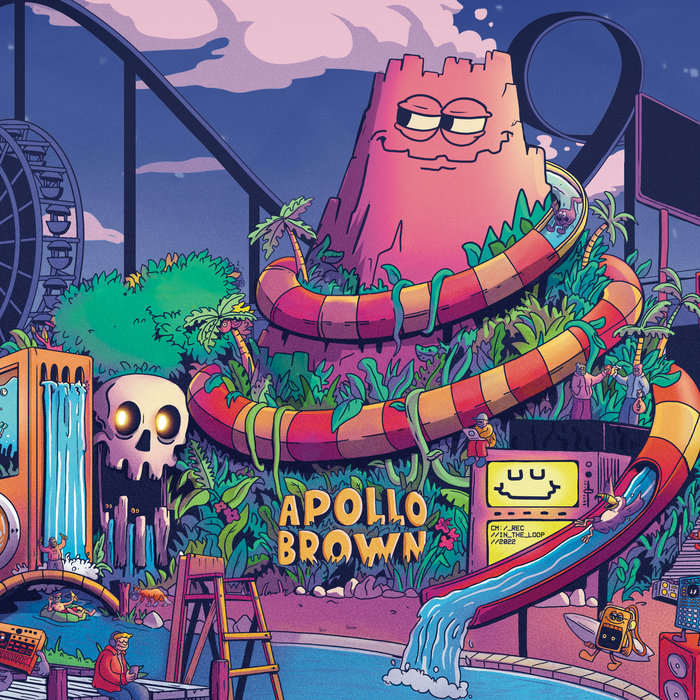
Glimpse – College Music Records
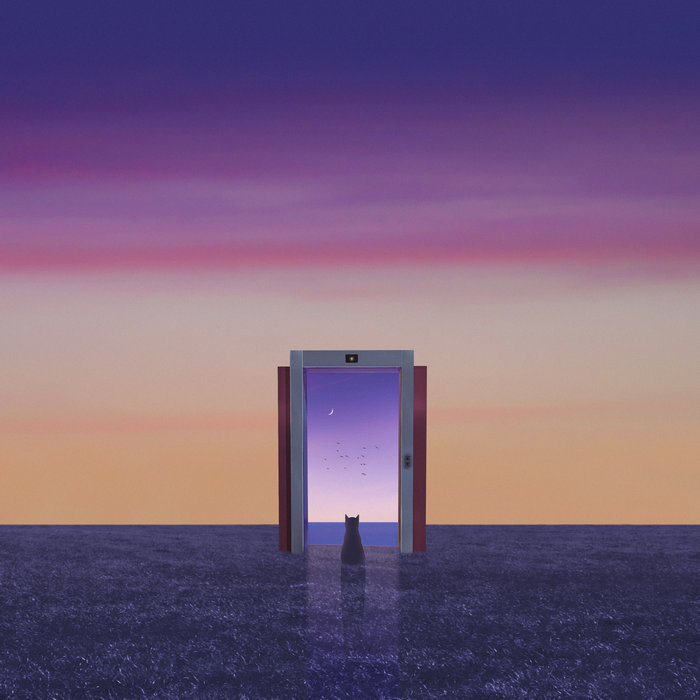
PRNDL.exe – Urban Waves Records